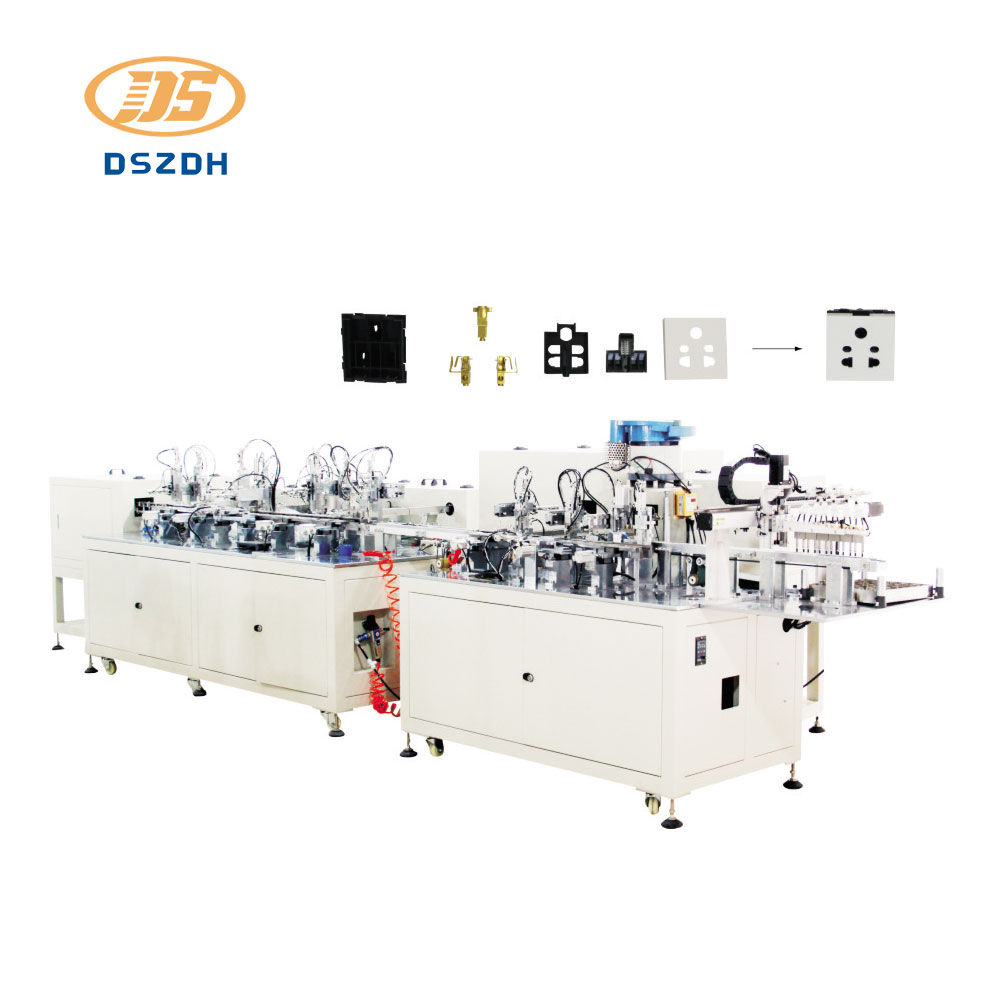Maximizing Efficiency: How Automation Revolutionizes Three-Hole Socket Assembly
2024-04-03
In the world of manufacturing, efficiency is paramount. Any opportunity to streamline processes, increase productivity, and ensure precision is eagerly embraced. One such area where automation has made a significant impact is in the assembly of three-hole sockets. Let's delve into how automation benefits this crucial aspect of manufacturing.
1. Speed and Throughput: One of the most immediate benefits of automation in three-hole socket assembly is speed. Automated assembly machines can work tirelessly around the clock, completing tasks at a much faster rate than manual labor. This increased throughput translates to shorter production times and quicker delivery of products to market.
2. Consistency and Precision: Automation ensures consistent quality and precision in the assembly process. Automated machines are programmed to execute tasks with exacting accuracy, resulting in uniform products every time. This consistency eliminates variations that may occur with manual assembly, guaranteeing a high standard of quality.
3. Reduced Labor Costs: Automating the assembly of three-hole sockets reduces the reliance on manual labor, leading to significant cost savings for manufacturers. By minimizing the need for human operators, companies can allocate resources more efficiently and optimize their bottom line.
4. Enhanced Quality Control: Automated assembly machines are equipped with sensors and detectors that monitor the assembly process in real-time. Any deviations or defects are immediately detected, allowing for swift corrective action to be taken. This proactive approach to quality control ensures that only products meeting stringent standards are released to market.
5. Flexibility and Adaptability: Automation offers flexibility in the assembly process, allowing manufacturers to adapt quickly to changing production needs. Automated machines can be reconfigured or programmed to accommodate different socket designs, specifications, or production volumes, providing versatility in manufacturing operations.
6. Improved Workplace Safety: By automating repetitive and potentially hazardous tasks, automation enhances workplace safety. Automated assembly machines eliminate the risk of injuries associated with manual labor, creating a safer working environment for employees. This not only protects workers' well-being but also minimizes downtime due to injuries.
7. Optimized Resource Utilization: Automation optimizes the use of resources such as materials, time, and energy. By minimizing waste and maximizing efficiency, automated assembly processes contribute to sustainable manufacturing practices and reduce the environmental footprint of production operations.
In conclusion, automation brings a myriad of benefits to the assembly of three-hole sockets, ranging from increased speed and precision to reduced labor costs and enhanced quality control. By leveraging automation, manufacturers can streamline their production processes, improve efficiency, and maintain a competitive edge in the global marketplace. As technology continues to advance, we can expect further innovations in automation to drive even greater efficiencies and revolutionize manufacturing processes across industries.



